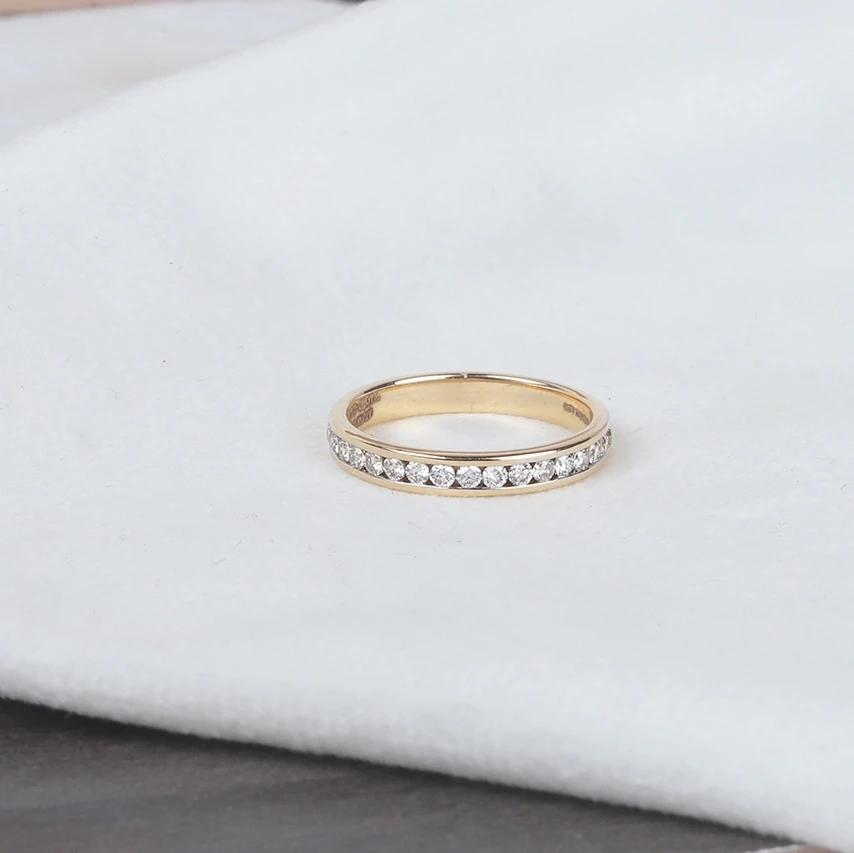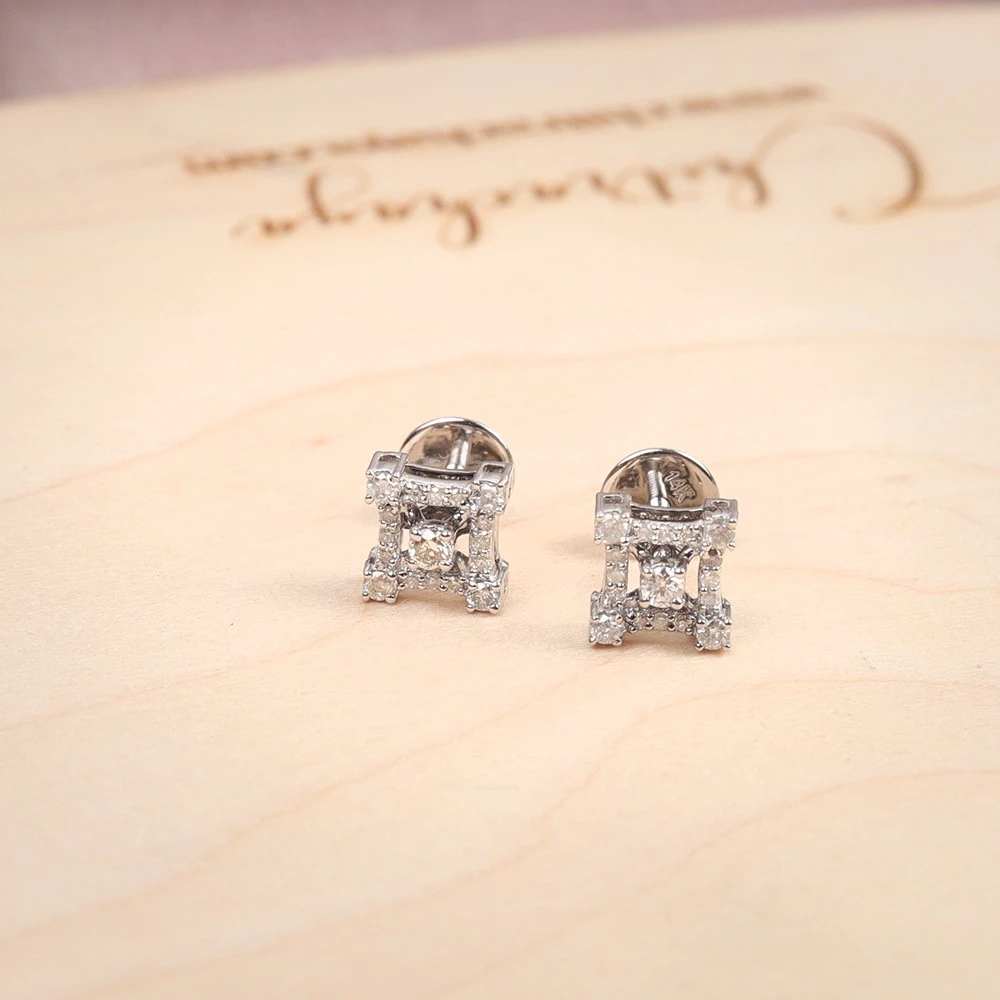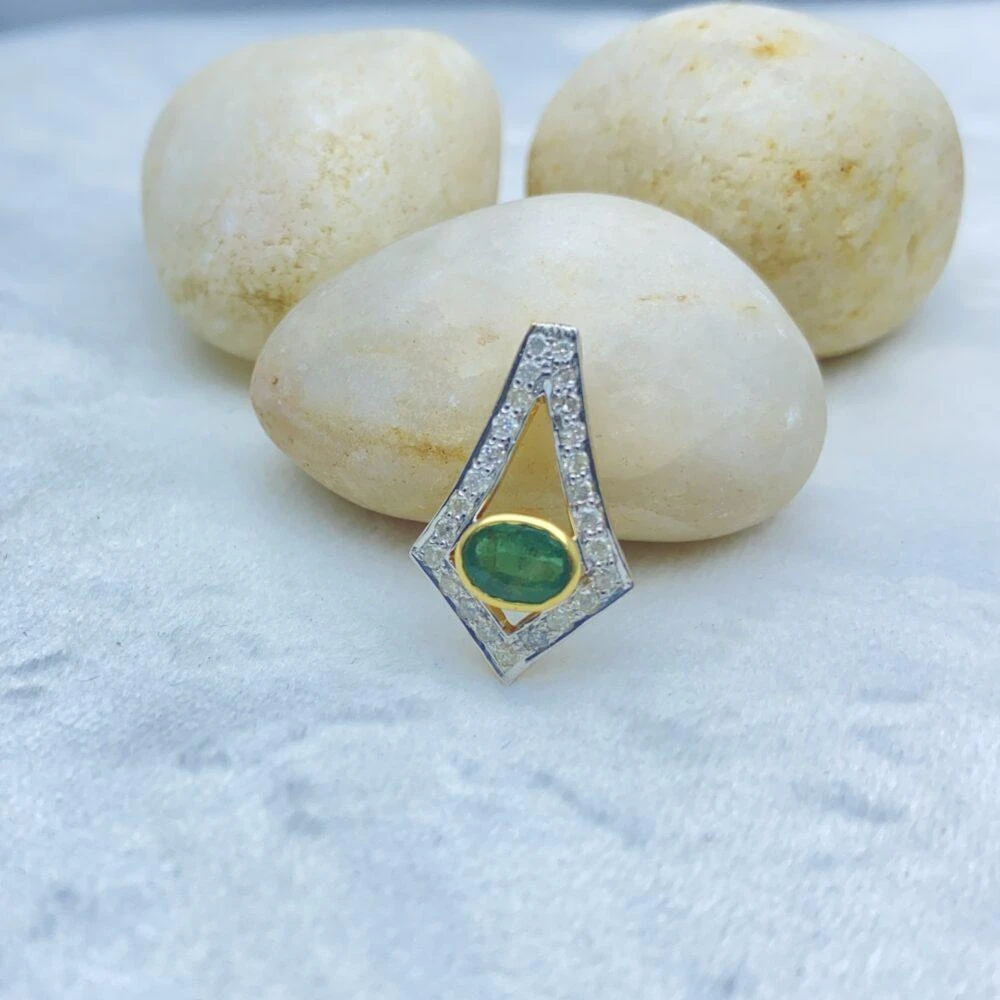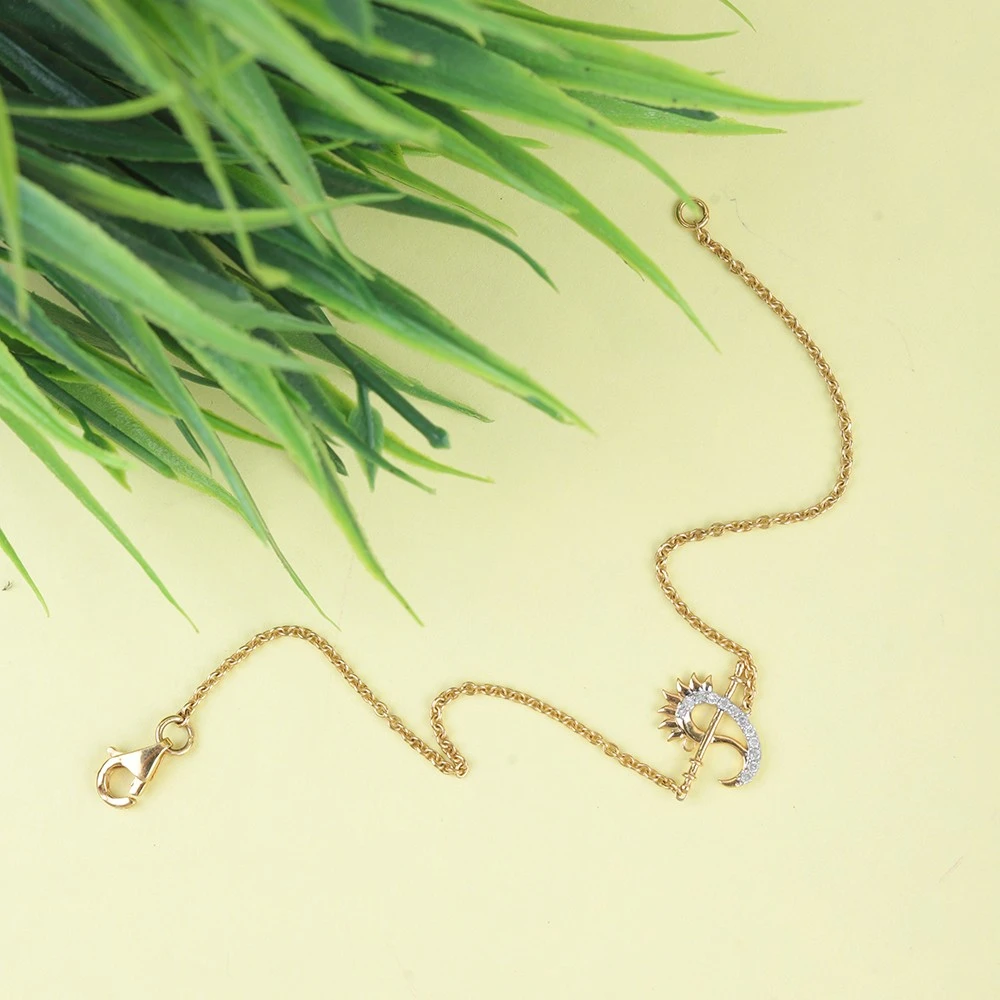Difference between carat & karat, carat & grams
Diamond Carat:
The carat weight of a diamond is an important aspect that affects its value, looks, and appeal. However, carat should not be confused with carat or gram, as each term refers to a unique measurement used in different settings. While cut, clarity, and color are important parameters for selecting a diamond, there is another important aspect to consider as well. We provide you with a comprehensive understanding of these terms and how they relate to diamonds. Let’s delve into the difference between carat and karat, as well as carat and grams.
What is the Carat Weight of a Diamond?
Diamonds have weights, just as everything else around us. Simply explained, the word “carat weight” refers to a diamond’s weight. The majority of people mistakenly believe that a diamond’s carat weight represents its size. But this is a common misunderstanding. Metric carats are a unit of measurement used to describe diamonds and other jewels. A raindrop typically weighs 0.2 grams, or one carat, on average.
Understanding the Difference between Carat and Karat:
One common source of confusion is the similarity in pronunciation between “carat” and “karat.” While they sound alike, they refer to entirely different things.
Carat: As explained earlier, carat is used to measure the weight of diamonds and gemstones. It is a unit of mass specific to the gemstone industry.
Karat: Karat, on the other hand, is a unit used to indicate the purity of gold in jewelry. It is denoted by “K” or “kt.” For example, 24-karat gold is considered pure gold, while 18-karat gold contains 75% gold and 25% other metals.
Is the carat a common unit of measurement?
The diamond business makes extensive use of carat weight, which is regarded as the gold standard for weighing diamonds. It gives people around the world a standard and trustworthy way to express a diamond’s size.
How Does a Diamond’s Carat Weight Affect Its Price?
The price of a diamond is significantly influenced by its carat weight. The price of the diamond often grows exponentially as the carat weight does. Larger diamonds are more expensive since they are rarer. However, other elements like cut, colour, and clarity also have an impact on a diamond’s value. A diamond with a higher carat weight that is also flawless, colourless, and well-cut will cost more than a similar-sized diamond that is of inferior quality overall.
Does a diamond’s carat weight correspond to its size?
Although a diamond’s carat weight is a measure of its mass, it is not a precise representation of its size. Depending on the cut, two diamonds with the same carat weight may have distinct physical characteristics. Because the cut impacts how light is reflected and refracted, improving its brilliance and overall perceived size, a well-cut diamond will appear larger.
Can the shapes of two diamonds with the same carat weight affect their value?
Yes, even if two diamonds are the same carat weight, their shapes can have a considerable impact on their value. The perceived value of various diamond shapes is influenced by the popularity and demand of certain shapes. Furthermore, certain shapes might keep more raw diamonds during the cutting process, resulting in less waste that could affect pricing.
Some Shopping Advice for You:
Think about the 4Cs: The cut, colour, clarity, and carat weight of a diamond are the four key elements that affect its quality and value. Depending on your preferences and financial constraints, balance these aspects.
Prioritise cut quality: A brilliantly cut diamond reflects light, appearing more bright and alluring. Choose the highest-quality cut you can afford because it has a significant impact on the diamond’s beauty.
Select a Diamond form You Love: Diamond form is a question of taste. Choose a shape that fits your aesthetic preferences and personal style.
Diamond comparison: Whenever feasible, compare two diamonds side by side to see how their differences in appearance and the impact of various elements on their beauty may be understood.
Purchase Diamonds from Trustworthy Retailers: Buy diamonds from well-known, trustworthy jewellers who offer certifications and warranties for their jewels.




